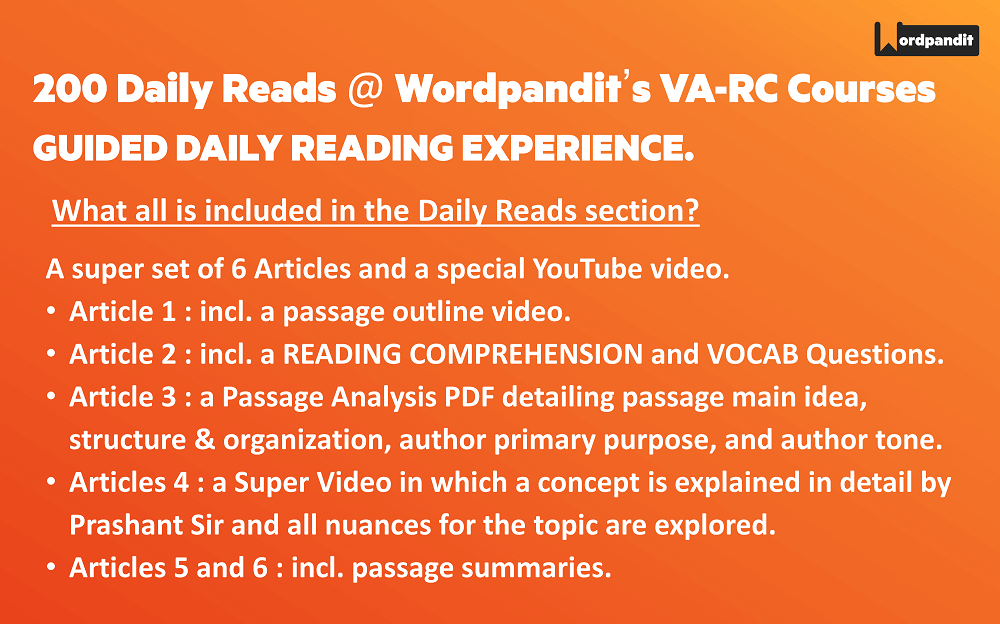Article Title: Is meditating on death like putting on a fur coat in summer?
Article Summary
This article deals with the topic of death mediation and why it is okay to think about death . The author starts with how the only two ancient traditions that made reflection on death central to their paths are Buddhism and Stoicism. The starting point is the fact that our normal perceptions of value are deeply flawed, as we are constantly craving or loathing things that in reality are unimportant. The things that we are so keen to pursue are bound to disappoint and distract us from what really matters, which is our ethical and spiritual progress.
But arguing that we shouldn’t spend our lives seeking those things is not enough and this is where death meditations come in. The author then explains the most striking example of meditation on corpse that is Buddhist Satipatthana Sutta.
The Buddha warns that if a meditation of this kind were to evoke loathing, the monk should switch to a different one. The author further questions why should one do this as not everyone is convinced that preparing for death is a good idea.The author says that this process might evoke some anxiety, but ultimately it is worth it, as it can make our life richer and more vibrant.The author concludes that by highlighting the fact that time is short, death meditation can help us to put things in perspective and appreciate the present more. It is nothing but a bittersweet recognition that any joy in life is always and necessarily intermingled with death and transience.
Article Link: Click here to read the full article
Words to learn from this Article:
Engrain: firmly fix or establish (a habit, belief, or attitude) in a person.
Visceral: relating to deep inward feelings rather than to the intellect.
Charnel: associated with death.
Corpse: a dead body, especially of a human being rather than an animal.
Blob: a drop of a thick liquid or viscous substance.
Embalming: preserve (a corpse) from decay, originally with spices and now usually by arterial injection of a preservative.
Abject: (of something bad) experienced or present to the maximum degree.
Elicit: evoke or draw out (a reaction, answer, or fact) from someone.
Equanimity: calmness and composure, especially in a difficult situation.
Aversion: a strong dislike or disinclination.
Torment: severe physical or mental suffering.
Bereavement: the action of being deprived of a close relation or friend through their death.
Pivotal: of crucial importance in relation to the development or success of something else.
Glib: (of words or a speaker) fluent but insincere and shallow.
Hedonism: the pursuit of pleasure; sensual self-indulgence.
Racked: cause extreme pain, anguish, or distress to.
Want more Daily Reads? Explore here:















